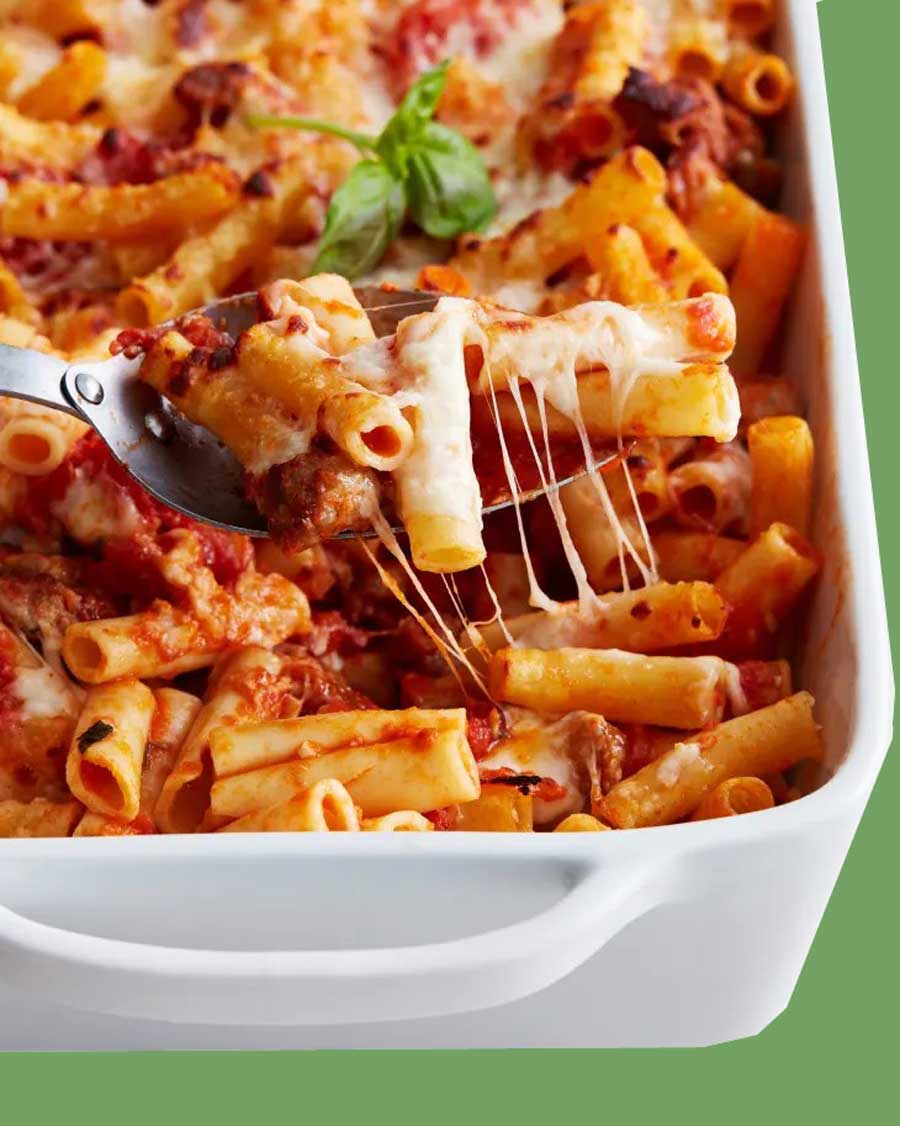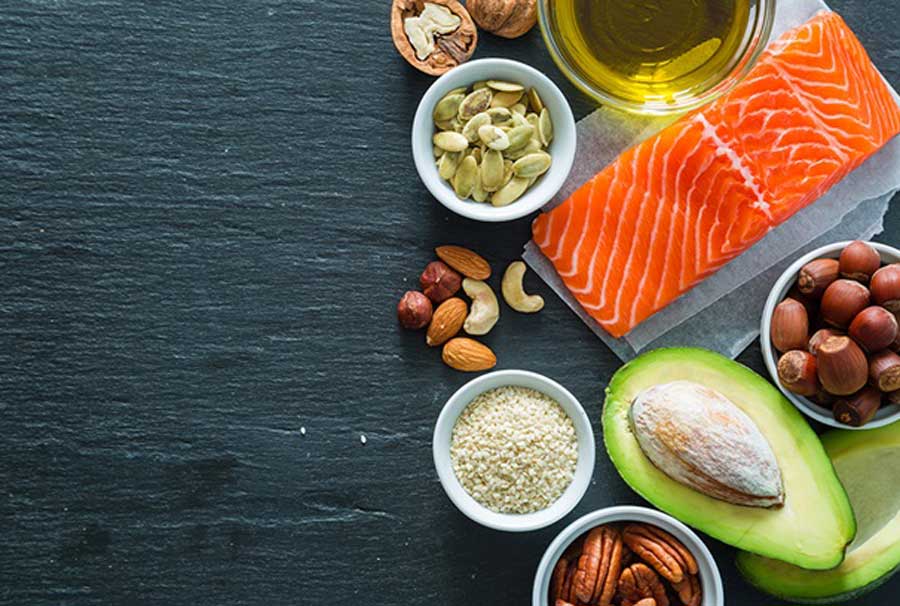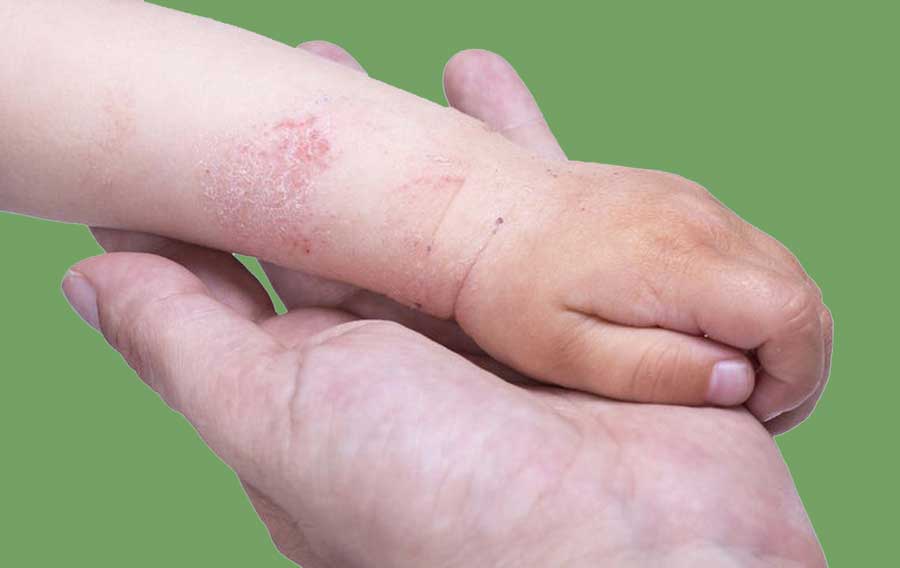Food allergies are incredibly common around the world, and how serious they are can vary greatly from person to person. However, you can never be sure just how severe a reaction could be from one day to the next. What might have once caused a rash could cause anaphylactic shock the next.
There’s a lot to consider when discussing food allergies, and we’d like to provide you with some information on why they can be so serious.
Not Everyone Understands the Severity
If you’re a parent and your child has a food allergy so severe that it could be very quickly fatal, you’re sure to be extremely vigilant and attentive wherever you can to ensure your child never comes into contact with it.
However, while you might know exactly how bad the allergy is, other people you interact with might be more flippant about it, not believing it’s as severe as you claim.
People might say you’re overreacting, or that eating just a little bit of something can’t hurt. In a worst case scenario, for example, a doctor or nurse might not be paying close attention to your child’s information and accidently expose them to an allergen. In which case, your child will require immediate medical attention, and the hospital would open themselves up to a severe breach of duty lawsuit for failing to provide adequate attentive care.
You’re not Necessarily Stuck with Food Allergies
Almost 8% of US schoolchildren have a food allergy, which is nearly 5.6 million children in total. That doesn’t mean that all of those children will remain allergic as they grow older, though. For example, 80% of children with milk, wheat and soy allergies will outgrow them by the age of 16.
While that does suggest that allergies will get less serious as children grow older, it’s also important to look at it from the other side too.
While some children will grow out of their food allergies over time, it’s also the case that some people happen to unexpectedly develop food allergies in adulthood.
The reason this is such a serious development is that you likely won’t even know you’ve developed a food allergy until you try the food in question, under the assumption you can eat it at normal. These sudden-onset food allergies could even lead to anaphylactic shock, which requires immediate and serious medical attention.
Cross Contamination is Always a Risk
There’s more that goes into food allergies than just not eating a certain type of food. Often, even the slightest contact with an allergen can cause a severe reaction or anaphylactic shock.
With that in mind, it’s important to remember that cross contamination when preparing food is always a risk when allergies are concerned. If any one food comes into contact with an allergen, then neither are safe for an allergic person to eat.
It’s such a simple thing, but it can be easy to overlook if you’ve never had to cook around an allergy before. Small additions to a mealtime routine like ensuring you have separate, colour-coded chopping boards and washing your hands much more frequently than usual could be all you need to do to ensure a meal is enjoyed by everyone involved.













